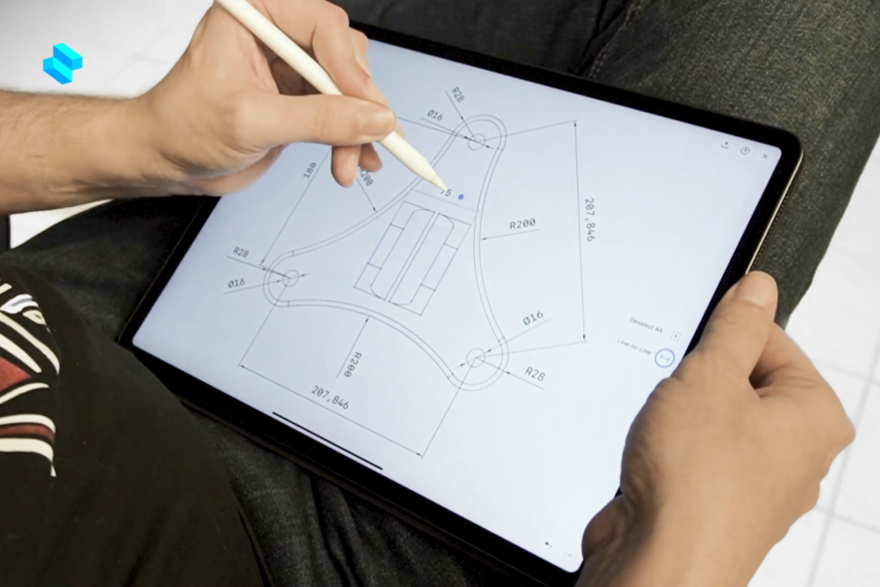- Sponsored
It's Time to Reshape the CAD Industry
The future belongs to those who focus on user experience and intuitive design
Unlike other industries that have transformed beyond recognition in the 21st century, developments in the CAD space have been stagnant for decades. 3D modelers and designers are crying out for alternate solutions that provide the best-in-class user experience they've come to expect in the digital age. Solutions that are lightweight, mobile — solutions that are easy and fun to use.
Our industry is filled with innovators and designers that are bold and daring - they bring creativity to another level. And they expect and demand tools, products and platforms that give them the same interfaces and usability that they get from their phones and computers over the last decade. So why haven't any of the legacy CAD companies reinvented their technology and user interfaces to offer something to those that grew up with anime, Legos and iPhones?
Legacy CAD solutions are typically heavy on huge feature sets but light on their commitment to a stellar user experience. Simply put, they lost their focus on the end user. They rely on clumsy, long sales processes, and overwhelmed support services, not because those dependencies are desirable, but because the complexity of their products makes it virtually impossible to provide a self-serve system that can scale. At the end of the day, they're way too expensive and tough to get the hang of.
It shouldn't take thousands of dollars and months of training to create a 3D model.
Since the same companies have comfortably dominated the market for decades, there isn't much of an onus on providers to innovate at all. And if that weren't enough, they completely missed the boat with the consumer transition from desktop to tablets because they were too busy banking on PCs remaining the most powerful computing option on the market for CAD systems.
Basically, most large CAD service providers still consider mobile devices to be more like toys than serious work tools, and it shows. In 2015 people started transitioning from using computers to mobile phones and tablets in their daily lives and work, just as they had moved from using mainframe computers to desktop computers in the 90s. However, this convergence of platforms is becoming a mainstay and many are adding to and even replacing their laptops with tablets and mobile devices and vice versa, thanks to their increased power and added features. And with remote-working and digital nomads becoming the new normal - and the latest pandemic pushing this working style into the forefront - hybrid tools are a necessity.

While most software companies are investing heavily in cloud computing, Shapr3D is taking a slightly different approach by focusing on creating incredible user experiences with a native application for the powerful iPad Pro, a first in the industry. Additionally, given the increase in computational power the new M1 macs provide, Shapr3D also made their app for macOS beta last year, making the app accessible to a broader set of users and providing the option to add a desktop to your workflow when needed, powered by the enhanced processing and graphics powers of the new Apple Silicon Macs.
However, to offer hybrid solutions that give a user-friendly but industrial-grade product to everyone, this week Shapr3D unveiled their brand new 2D Drawings feature, making it possible to create accurate representations of objects, systems, or structures that provide manufacturers with the necessary information and requirements to create products. It will empower many users, particularly Product Managers, Mechanical Engineers, and Industrial Designers, to easily iterate designs on the fly and spend less time jumping back and forth between platforms.

So, what does the future of CAD look like? It's simple. Imagine the full functionality of your heavyweight workstation – but available across all devices, with the full range of mobility Shapr3D users have come to know and love, and supported by an obsession with user experience and intuitive design.
Now the question is, will the same CAD companies who missed the tablet bandwagon and still cling to obsolete tech stacks pass on this next phase of the platform shift too?
K
{Welcome
Create a Core77 Account
Already have an account? Sign In
By creating a Core77 account you confirm that you accept the Terms of Use
K
Reset Password
Please enter your email and we will send an email to reset your password.


